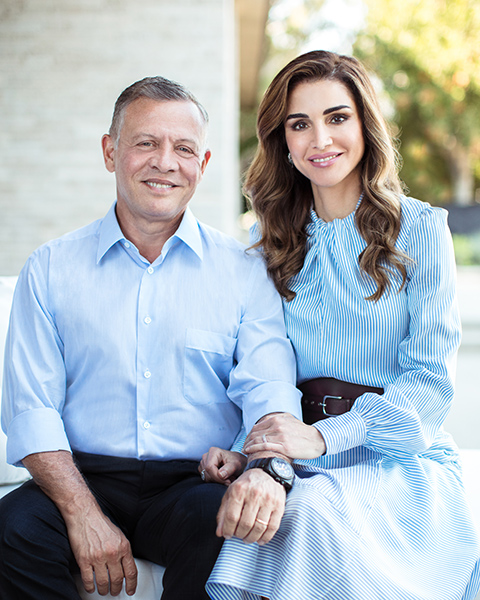What Countries Still Have Monarchies?
Within the US there’s an obvious acknowledgement that people like Queen Elizabeth and the Saudi royals exist but the concept of monarchies remains a historical or fictional scenario in many people’s minds. So what country has modern-day monarchies and how do they work?
There are three types of monarchies that have lasted to the modern era; constitutional, absolute, and parliamentary. A constitutional monarchy is when a governing monarch works with a constitutional organized government. The amount of power each group has in this arrangement depends on the country. An absolute monarchy is the kind you were taught about in history class, the monarch(s) have absolute and total control over the government. A parliamentary monarchy is extremely similar to a constitutional monarchy but it is specifically where the monarch exercises the power of the head of state while the rest of the governmental body handles all other executive powers.
The countries that currently have a constitutional monarchy are: Andorra, Bahrain, Belgium, Bhutan, Brunei, Cambodia, Denmark, Japan, Jordan, Kuwait, Lesotho, Liechtenstein, Luxembourg, Malaysia, Monaco, Morocco, the Netherlands, Norway, Watar, Samoa, Sweden, Thailand, Tonga, and the United Kingdom. They’re a lot more common than I would have previously thought.
The current absolute monarchies are: Oman, Saudi Arabia, Swaziland, and the Vatican.
The only modern parliamentary monarchy is Spain.
Many Americans may wonder – why are there so many monarchies still around? Why have they not been removed yet? How do they benefit their country?
Some of the positives of this government style are that it’s a pre-established system of checks and balances (instead of having to build new, separate branches of government like we did), the monarch remains apolitical, in some cases the monarch can fund themselves instead of taking tax money, and most importantly, it creates a cult of personality and a sense of cultural identity.
Of course, as one would expect, they come with their own problems. No matter how apolitical – they are another branch of the government that needs to weigh in on policy change, sometimes they do spend an unbelievable amount of tax money, and some see any form of monarchy as a sign of oppression.
It feels so strange looking at this as an American and thinking about the pros and cons of having royalty. It almost seems absurd to even think about. But despite my cultural bias, these are real debates being had by real people all over the world. What do you think of monarchies? Do you also feel ridiculous when asking yourself that question? Would you ever want to live in a country with a monarchy? Please let us know in the comments below!

Breanna is one of our most active writers. She enjoys writing articles about politics and world events. She also participates in Impressions, Chamber Singers,...


Nancy • Oct 6, 2022 at 4:39 pm
I look at monarchies as a thing that defines the past. I can see no reason for them to still be relevant.